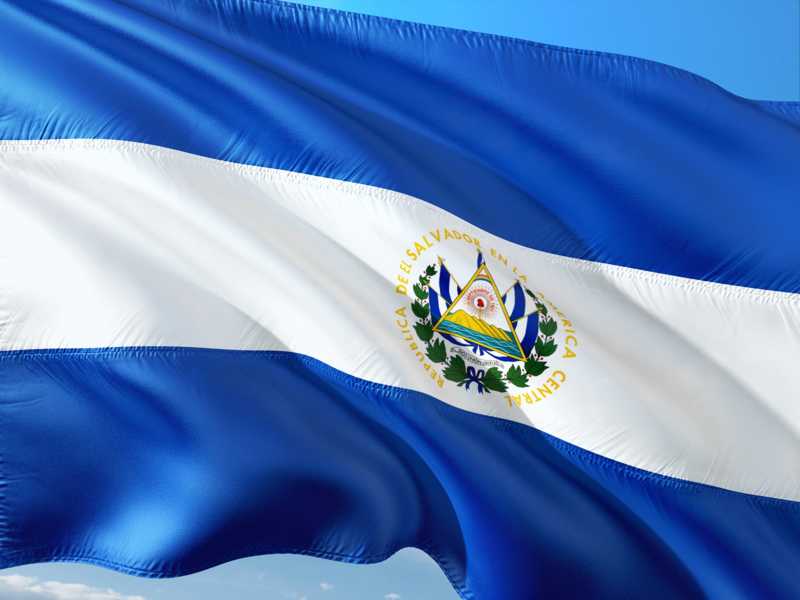The Race to Overturn El Salvador’s Total Abortion Ban
Martes, 10 Abril 2018 blog Поделиться
Though Latin America’s abortion laws are some of the most restrictive in the world, activists’ efforts are beginning to yield results.
The US-based Guttmacher Institute published figures last month revealing that Latin America and the Caribbean have the highest annual rate of abortion in the world. Though many of these countries have some of the most restrictive abortion laws, 44 of every 1,000 women of reproductive age in the region have had abortions.
Sadly, it’s estimated that 7 million women in developing countries are treated for complications resulting from unsafe abortions every year, and 47,000 women die.
Though Latin America’s abortion laws are some of the most restrictive in the world, activists’ efforts are beginning to yield results. For example, Chile recently began allowing pregnancy terminations in limited circumstances. Argentina is set to vote on allowing abortion in the first 14 weeks of pregnancy, while in Brazil, activists have submitted a legal brief to the Supreme Court asking for abortion to be permitted in the first 12 weeks of pregnancy.
In El Salvador, however, abortion is currently still illegal in all circumstances, even to save the life of the pregnant person. In 1999, the Salvadoran constitution was amended to recognize the principle that life begins at conception, though abortion had been legal prior to the amendment to protect the life of the mother, in cases of rape, or when a fetus was unviable. With this change in the constitution, people could be sentenced to jail time for obstetric emergencies when abortion was suspected.
Dozens of women are currently jailed in El Salvador, accused of aggravated murder when they suffered miscarriages or stillbirths. Many are serving 30 or 40 years in prison.
Carmen Teodora Vásquez, having spent more than 10 years in jail after being convicted of aggravated homicide when she had a miscarriage in 2007, said “The Salvadoran laws are so drastic. We need to change the law. What is happening in El Salvador is unjust. As women, we are never listened to.”
Currently, two lawmakers have proposed bills that would allow abortion in some cases. Johnny Wright Sol, from the conservative party ARENA, has proposed a bill that would legalize abortion in cases when the pregnant person’s life is endangered or when a minor has been raped. While his bill is not backed by ARENA, supporters believe it could attract the required 43-vote majority.
In addition to the bill proposed by Wright, liberal party leader Lorena Peña has proposed allowing abortion in cases when the life or health of the pregnant person is at risk, the fetus is not viable, and in all cases of rape. Peña’s party only holds 31 seats of the 84-member body of lawmakers.
Both Wright and Peña agree that the issue is time-sensitive. El Salvador recently elected new representatives, so the best chance to pass either bill falls between now and May 1st, when the newly elected officials take up office.
“If [the proposal] is not approved in April, we must try again later,” said Peña. “I am convinced the debate cannot stop now. There cannot be another decade of silence regarding this issue.”
Women Help Women provides accurate information about what exactly a medical abortion with pills is, the pills’ effectiveness, how to use the pills, and what to expect after using abortion pills. If you are pregnant and do not want to be, get in touch with us online at www.womenhelp.org or by email at info@womenhelp.org.






